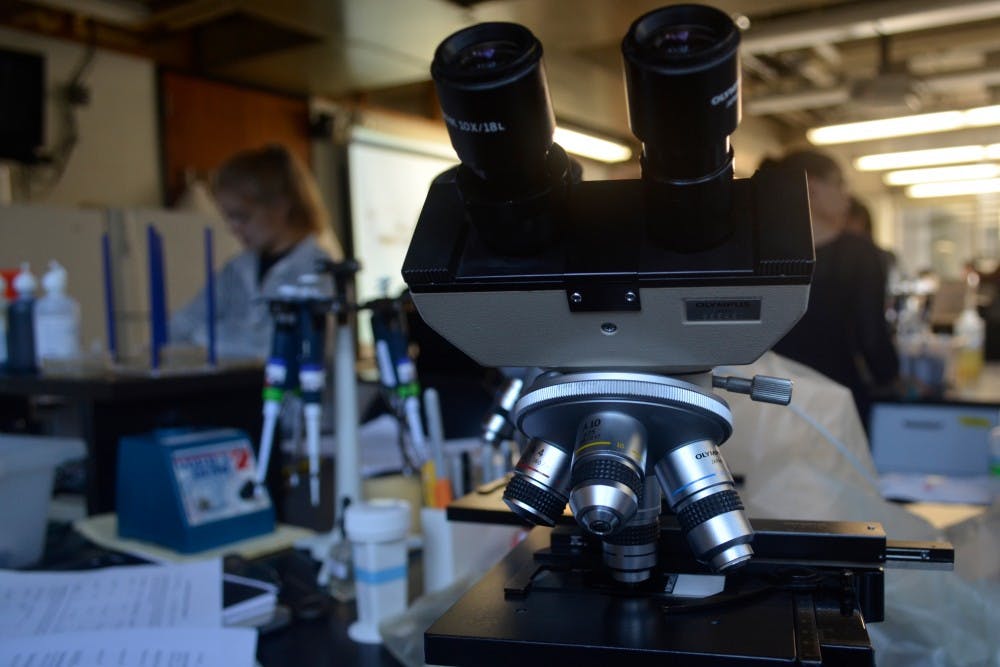
A new study from Penn Integrates Knowledge professor Christopher Murray reveals how to make storing chemical energy more stable, efficient, and cost-effective.
The study, led by graduate student Jennifer Lee, aimed to solve the problem of how to store energy using fuel cells in a cheaper and more sustainable way. Fuel cells are considered to be valuable for long-term energy storage, but are unable to be widely used due to their high cost and instability.
The study features work from Davit Jishkariani, associate technical director of Penn's Chemical and Nanoparticle Synthesis Core.
To create stable fuel cells, the researchers used custom-designed nanomaterials containing platinum in addition to common metals, such as cobalt. The researchers designed a catalyst, with layered platinum and cobalt, and placed it into the cathode to increase the time a fuel cell will be able to function. These advances gave rise to a longer-lasting and more efficient cathode catalyst than in previous models.
High-resolution microscopic imaging was required for the research, and is newly available at the Singh Center for Nanotechnology on Penn’s campus.
“The advances that we’ve brought in electron microscopy and X-ray scattering are a fantastic addition for people that work on energy conversion and catalytic studies,” Murray told Penn Today.
Next steps for the research include testing and evaluating the design in fuel cell assemblies in order to compare it to the systems that are currently available. Murray hopes that this research is a step in the direction of widespread implementation of these energy-saving models.
“Thinking about a world where we’ve displaced a lot of the traditional fossil fuel-based inputs, if we can figure out this interconversion of electrical and chemical energy, that will address a couple of very important problems simultaneously,” Murray said.
The Daily Pennsylvanian is an independent, student-run newspaper. Please consider making a donation to support the coverage that shapes the University. Your generosity ensures a future of strong journalism at Penn.
Donate




